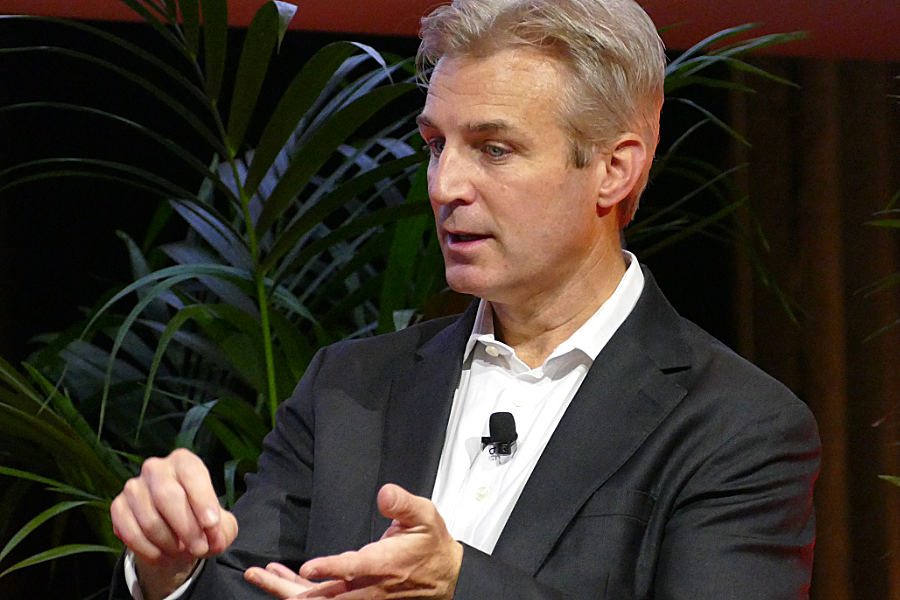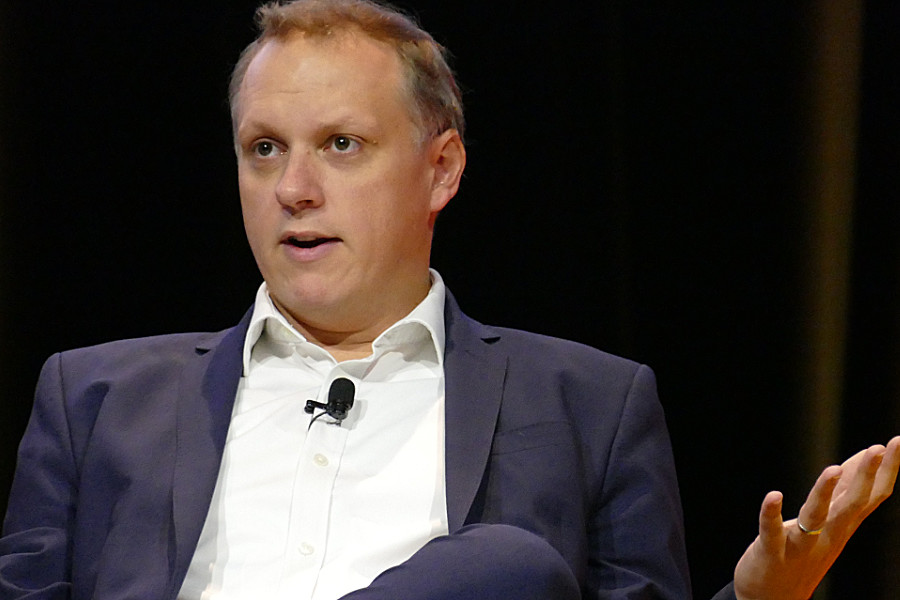Collaboration between humans and technology, between humans, and across businesses is essential to strengthening and developing fixed income markets in Europe, panellists at this year’s Fixed Income Leaders Summit (FILS) Europe affirmed.

“The industry must accept that things can be done differently”, stated Carl James, head of fixed income at S&P Global. “Perfect is the enemy of done. If you wait for the perfect solution, you’re going to be killed.”
Firms need to accept that there is rarely a giant leap forward in progress; rather, incremental steps must be made in order to prepare for future innovation. Communication, interconnection and collaboration are key here, he urged, pushing the industry forward together.
Mosaic Smart Data’s work aims to make Euroclear data more easily accessible to clients, chief operating officer John Showell shared, removing the barrier of an API and facilitating personalised insights for users. This will help to produce better liquidity insights, optimise decision-making and illustrate stories that explain market changes – such as the impact of elections and international events.

“You don’t know clearing is essential to you until you do,” said Poilvet-Clédière.
The endless issuance of sovereign debt, and the limited number of banks that can operate in the fixed income market, is causing a bottleneck, she explained.
“This is a major macro problem,” she warned, and one that the US is attempting to address with changes to the US Treasury market. However, the EU should not necessarily follow suit; the markets are too different to allow for an identical implementation.
“We don’t want to be rushed by something that has happened elsewhere. Europe needs the time to discuss what we should bring in,” Poilvet-Clédière said, adding that adoption should be voluntary.
Other fixed income market themes discussed included growth in automation, digitalisation, and changing approaches to managing and dealing with liquidity. On the latter point, one speaker warned that new regulation designed to improve transparency in European fixed income markets could disrupt market structure and reduce efficiency. Transparency is good up until the point where it impacts liquidity, he warned, adding that the changes could push fixed income towards “equitisation”.
Overall, “I welcome new entrants, challengers and disruptors to the market”, said Peter Welsby, head of FICC trading for Europe at ManuLife. “This encourages innovation and is a compliment to our bank-led avenues of liquidity, not a replacement.”
He anticipated that these factors will encourage challengers, promote better pricing and encourage traditional banks to change their ways, maintaining that sell-side banks will not see much of an impact.

During a fireside chat, Philip Stafford, digital finance news editor at the Financial Times opined that interest in regulation is dwindling, replaced by AI, crypto and blockchain. While many institutions are entering the crypto – specifically bitcoin ETF – space with hesitation, broader tokenisation is a more intriguing area, he said. The potential for faster collateral movement using tokenisation is currently limited by rules and regulations, he explained, but argued that if the practice had been used during instances like the 2022 UK gilt crisis it could have made a difference.

As the market evolves, for firms to build trust-based relationships, “it has to be a partnership” said Welsby. Firms must be honest with sell-side clients and demonstrate their support on both a regional and holistic basis, and once again the importance of human-to-human relationships was championed;
“[They] drive long-term success”, Welsby asserted.
©Markets Media Europe 2024 [featured photo courtesy of richardhadley.net]
This article was first published on The DESK
For all The DESK’s content from the Fixed Income Leaders Summit in Paris (Oct 2-4, 2024) click on the image below:


